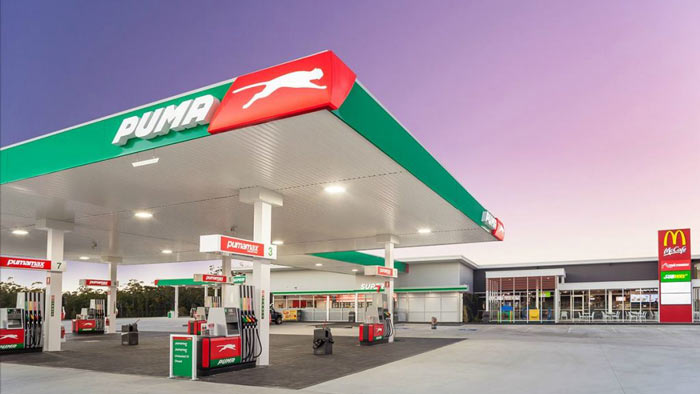
Puma Energy launches PumaMax 95 additised fuel in South Africa
Puma Energy, the global integrated midstream and downstream energy company, has launched PumaMax 95 additised fuel for the South African market.
PumaMax 95 is a premium unleaded gasoline that has been developed using new generation, performance-enhancing additives, which maximise engine performance and fuel economy, ensuring that Puma Energy products support all petrol engines and particularly, high-performance vehicles.
“During the last few decades we have seen tremendous advances in the design of gasoline engine technologies. As vehicle manufacturers strive to meet more stringent government emissions regulations, so Puma Energy is ensuring that we offer ‘keep clean engine technology’ in the South African market. It is well known that with un-additised fuels not only are emissions more toxic, but deposits can form within engines that negatively impact fuel economy and engine performance,” said Seggie Kistasamy, general manager, Puma Energy South Africa.
On the African continent, Puma Energy has grown to become one of the largest independent storage and downstream companies in Sub-Saharan Africa. It is now present in 19 countries, from Senegal to South Africa, and continually looks to expand its footprint from West to East. Sub-Saharan Africa is a key growth market for Puma Energy, which is the fastest growing independent fuel distribution company in Africa.
Puma Energy started its operations in South Africa in 2015, with the acquisition of Brent Oil and Drakensberg Oil. Its regional hub is located in Johannesburg, where its supply and trading teams, as well as its fuels and lubricants department, are based.
The company currently operates a network of 160 retail sites, as well as two terminals with a total storage capacity of 49,000 cubic meters, in South Africa.
Puma Energy also supplies 47 airports across Africa with aviation fuels, from its regional hub in Johannesburg.








